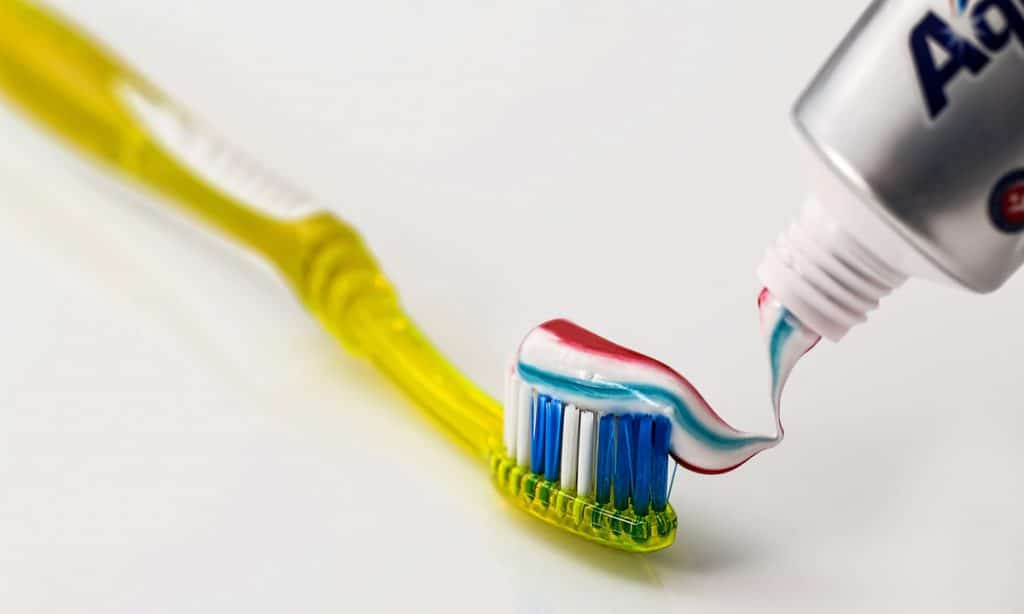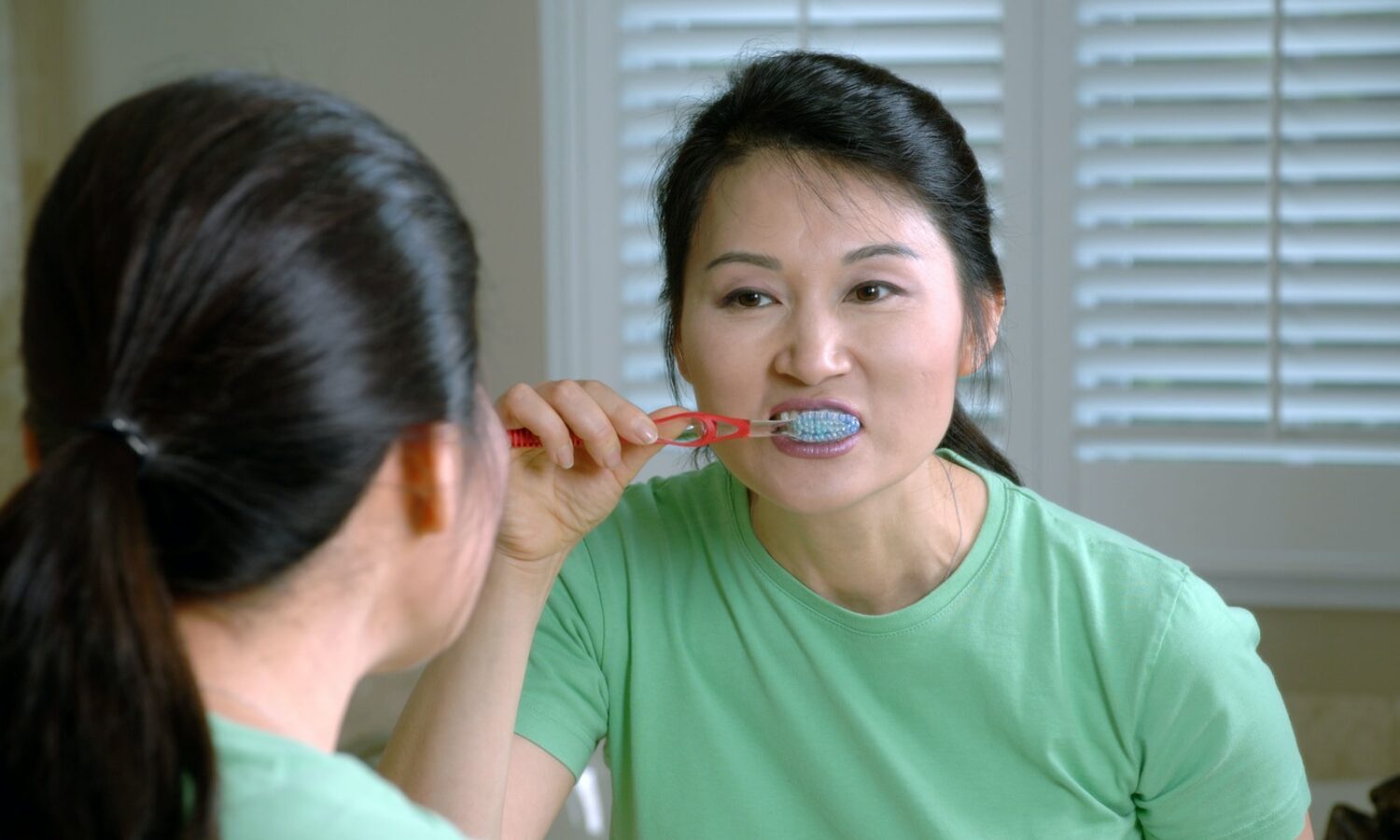A new study found that a common element found in popular products is responsible for inflammation in the gut.
Triclosan is a compound that was banned by the Food and Drug Administration (FDA) in 2016. Still, we continue to encounter it often in the products we use in our daily lives, most commonly toothpaste. Why is it so bad? A new study conducted on mice found that triclosan can trigger inflammation in their guts, resulting in GI stress.
According to different studies, triclosan has been harmful in animals in a variety of ways, decreasing their thyroid hormones, making bacteria resistant to antibiotics, and messing with their guts. While these results haven’t been seen in humans — there have been no triclosan experiments conducted on them — they were sufficient enough to raise the alarm bells of different health experts.
RELATED: How Cannabis Promotes Good Gut Health And May Prevent Weight Gain

While this recent study confirmed the belief that triclosan is harmful to mice, it was also able to pinpoint the part of triclosan that was responsible for causing gut inflammation, something that could help scientists address these types of GI issues and block this effect. “By identifying the culprit bacteria, new approaches could be developed for the diagnoses, prevention and treatment of inflammatory bowel diseases,” said study author Matthew Redinbo, M.D.
Triclosan has long been used in a variety of everyday products, intended to reduce bacterial contamination and prevent the spread of gingivitis. It’s normally found in antibacterial soaps, body washes, and cosmetics. Its presence in toothpaste is particularly worrisome though since it can linger in toothbrush bristles and build up over time, making it easy for people to ingest it.
RELATED: Is Cannabis Good For Gut Health?
While researchers are working on a solution for this issue, it will likely be some time before the necessary protective element is available in toothpaste brands and everyday products. To limit your exposure to it, you should read the drug contents label in your toothpaste, purchasing brands that don’t contain triclosan. You should also change your toothbrush regularly, ensuring that not a lot of triclosan builds up in your bristles.


